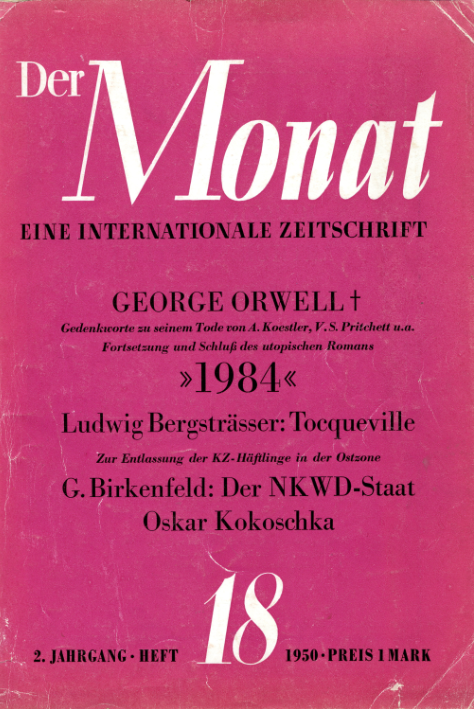
We kindly inform you that, as long as the subject affiliation of our 300.000+ articles is in progress, you might get unsufficient or no results on your third level or second level search. In this case, please broaden your search criteria.

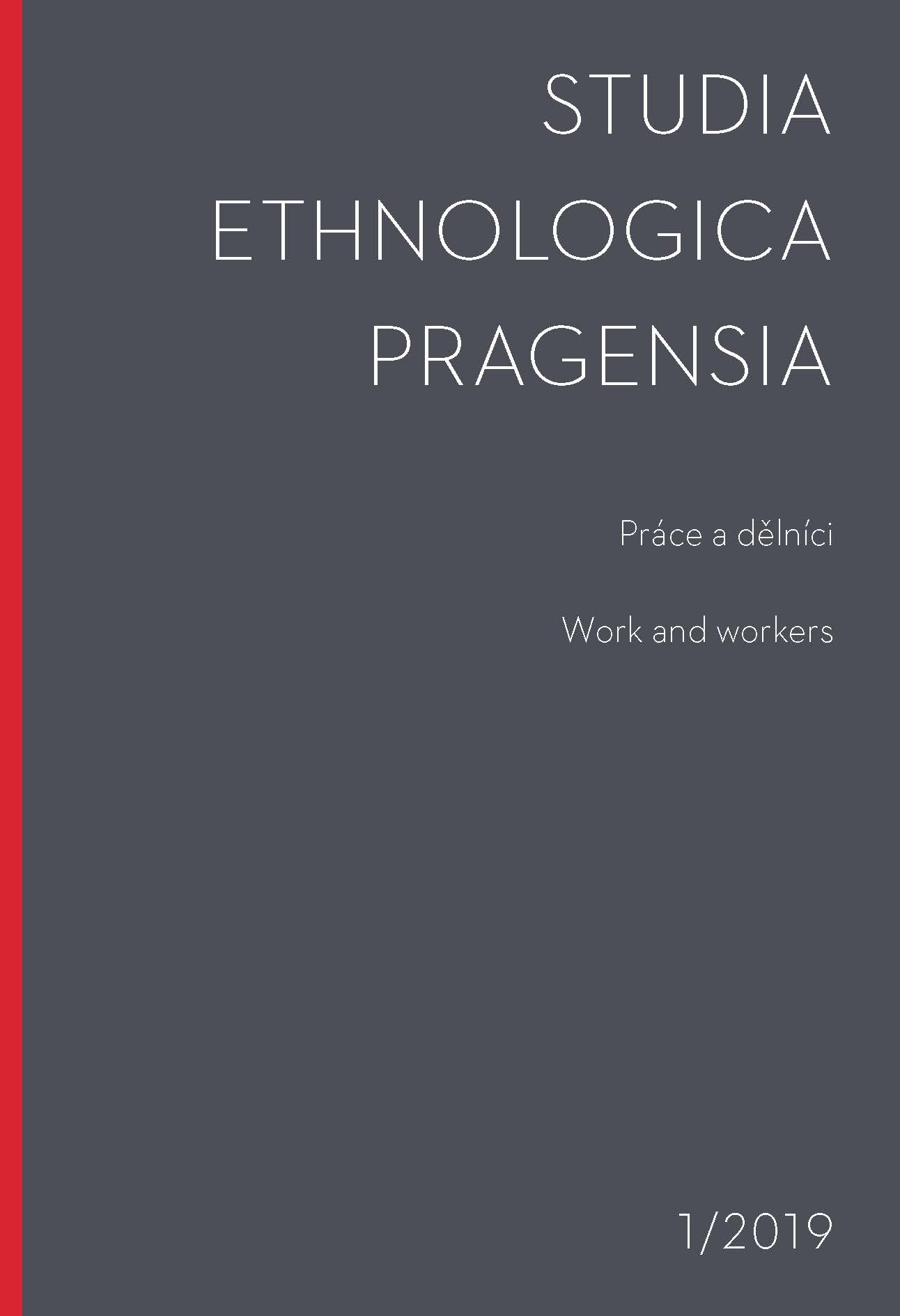
This paper examines tactics of resistance among Czech welfare state bureaucrats. I argue that traditional perspectives on worker resistance underplay the role of the employees in the formation ofthe resistance. The workers choose forms of their resistance on the basis of their habitus and thecharacteristics of the organizational environment. This balanced approach inspired by the sociologyof Pierre Bourdieu helps to deepen the understanding of everyday employee resistance and workplace politics.
More...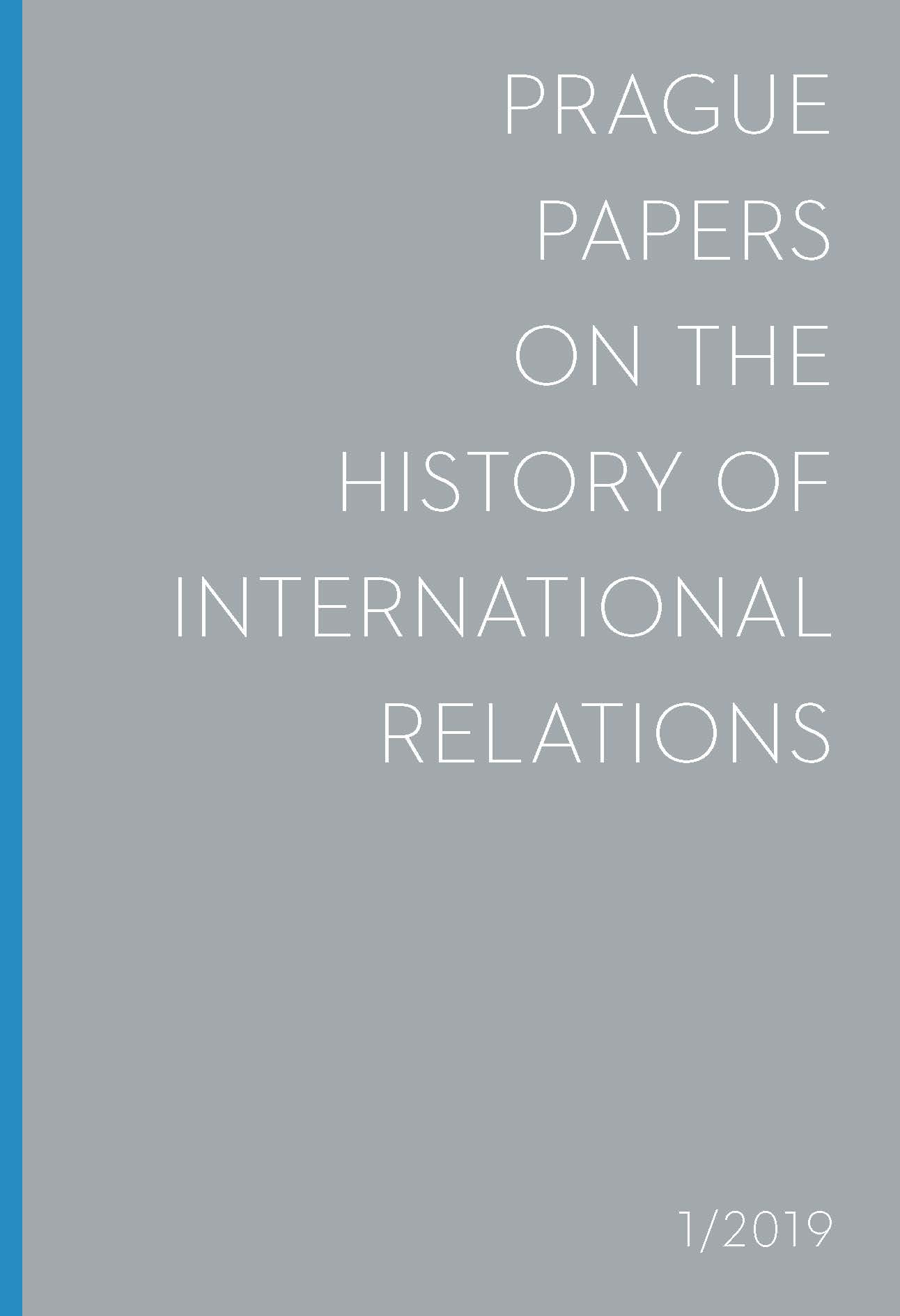
All the works, dealing with the nationality problem fundamentally, need a kind of generally applicable basis in the form of a consensus in connection with the usage of theoretical concepts like people and nation. In the Austro-Hungarian Monarchy primarily the complexity of factors and the lack of unity meant a problem that also characterised the particular Austrian nationality question. So, in the contemporary Austria, three radically different elements were against each other. Various ethnic groups, as well as the historical units of kingdoms and provinces were opposing the central power whilst the demands of the ethnic groups in comparison with the demands of the other two groups became more and more significant and radical. Nation and nationality are the products of social development, thus cannot be defined without the consideration of the geographical and chronological scope in question; in other words, in the Habsburg Monarchy of the 19th century, one way to define nation and nationality led through the contemporary theories of these concepts.
More...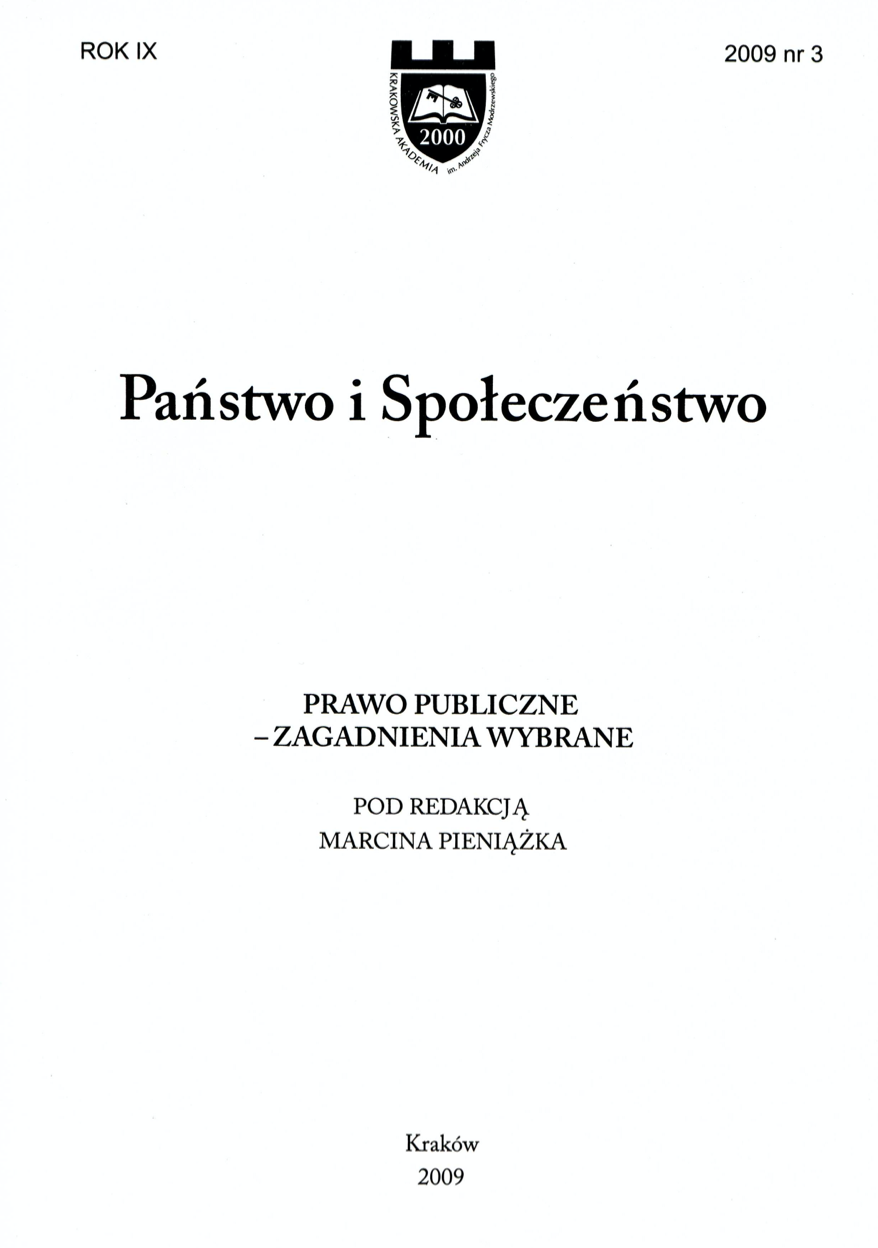
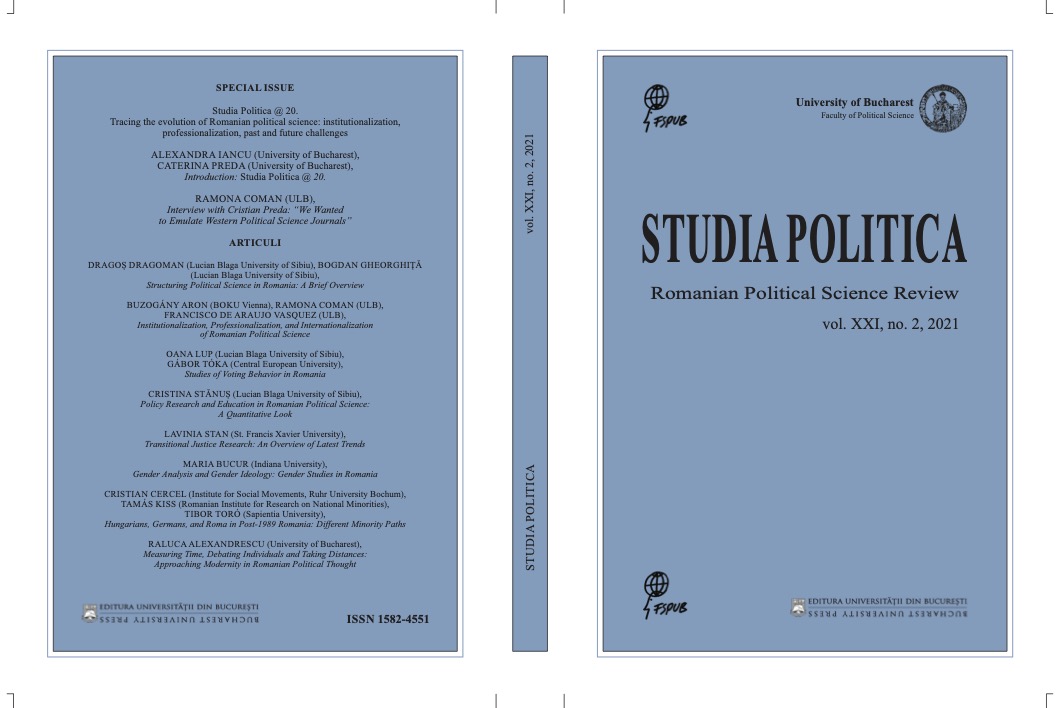
This short article introduces the special issue “Studia Politica @20” briefly assessing the evolution of the journal published by the Faculty of Political Science of the University of Bucharest in the last twenty years (2001-2021). It first sketches out the framework in which the journal was created in 2001 to accompany the Faculty of Political Science’s intellectual project, which had started a decade earlier. In a second step, the article retraces how the aims and contents of the journal have changed in these two decades. In a third section, it presents the articles that are part of this special issue and that focus on the institutionalization and professionalization of political science and the thematic evolutions in Romanian political science.
More...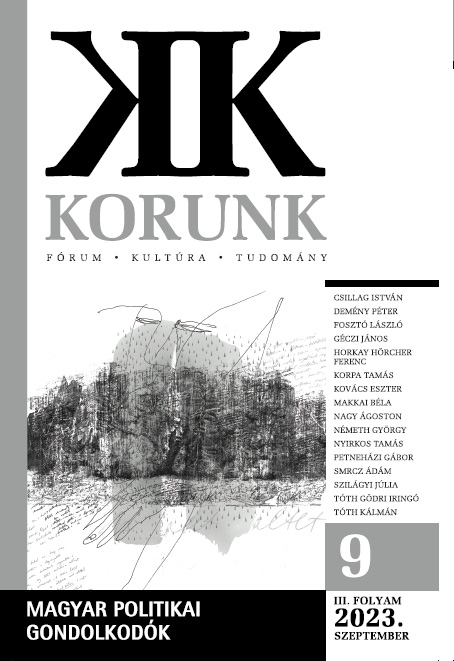
The paper attempts to shed light on the basic concepts of early modern Hungarian political thought through the analysis of two hitherto unknown documents: a comprehensive reform draft written around 1580 (Libellus Paraeneticus) and a political pamphlet written around 1625 (Responsio). The starting point is a 1995 study by Katalin Péter, who noted the slow divergence and fragmentation of the concepts of “homeland,” “country” and “nation” during the long period of the Ottoman occupation and threefold division of the former Kingdom of Hungary. The paper argues that this change occurred much more rapidly as a result of the long Turkish war (1591-1606) and the Bocskai uprising (1604-1606) in the early 17th century, and that it has also fundamentally determined and modified the modern understanding of the concept of Hungarian nation.
More...
This article analyses the discussion concerning the place of East Central Europe in the European Union. The author focuses on issues related to political axiology. Analysing the statements of selected authors and politicians, mostly from Poland and Hungary, he tries to determine what values are at stake in this dispute. In the author’s view, the two fundamental areas of discussion are the attitude towards liberalism, and the future of the nation and the nation state. The article ends with a forecast of the possible consequences of this dispute.
More...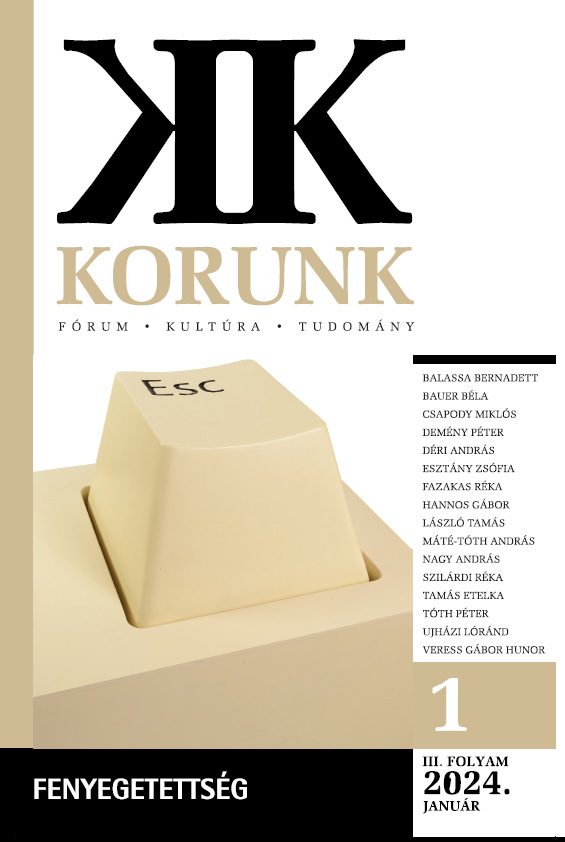
Nationalism and religion play important roles in the ongoing armed conflicts, thus the investigation of this topic is crucial both today and for the future. The paper focuses on Central and Eastern Europe (CEE), where there’s a special connection between nationalism and religion, which are key factors in shaping the history, the present and the future of this region with traumas, conflicts and tensions. According to my hypothesis, mimetic rivalry, scapegoating, and victimization are core elements of the wounded collective identity and the nationalisms of the CEE societies – thus, Girard’s mimetic theory provides a unique understanding. I attempt to outline a new possible pathway for applying mimetic theory concerning the wounded collective identity of CEE.
More...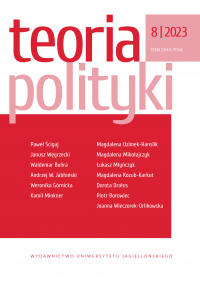
The chapter presents the main axes of the dispute over the identity of political science in Poland in the last half-century, with special emphasis put on the period after 1989. Debates concentrating on three identities criteria are discussed, i.e., the research object of political science, the methods and techniques used in political science inquiry and history and organization of the discipline in Poland. The possibility of indicating the boundaries of the discipline based on a distinct object of research or a unique political science method is considered to be incorrect. Therefore, the answer to the identity crite- ria question lies rather in organizational and historical differences, as well as in special political scientific perspective. In other words, discipline identity is more about theories, language, the way of posing research problems, than methods and object. The outcomes of these disputes for the pluralism of the approaches in political science and interdisci- plinarity are also discussed.
More...
The article identifies and analyses methodological dilemmas in Polish political science in the last fifty years. These dilemmas concern: the object of cognition – its exist- ence and preferred research strategies, the development model of the discipline, methods in political science, methodological identity of political science, the essence of politics and what is political, empirical or theoretical character of political science, the possibility of formulating grand theories in political science, new subdisciplines in political science, political anthropology, individual agency and the ontological status of social groups, value judgments, and axiological neutrality of the researcher. The article concludes that Polish political scientists in the last fifty years have been advocating a complementary position that goes beyond concrete alternatives.
More...
The article presents the specificity of understanding and using the category of narration and explanation in Polish political science after 1989. At the beginning, the author briefly recalls the meaning of the concept of narrative, and then presents two di- mensions of its presence in domestic political science. On the one hand he elaborates on its conceptualization within the methodology of political science, and on the other hand he discusses the two main political science narratives he has distinguished, which, in his opinion, were born in Poland after 1989. Both narratives (liberal and critical) of- fer their own interpretations of the political and social transformation of post-commu- nist Poland. The author of the article also argues that the liberal narrative is supplanted by the critical one, which applying among other things, the concept of integral explanation seems to explain the troubled and crisis-ridden present times more suggestively.
More...
This paper is a contribution to the discussion concerning the methodological and theoretical orientation of the Polish political science community. It aims to answer the question posed in the title by analysing representative texts by Polish political the- orists. The scholarly output of four well-known political scientists – Filip Pierzchalski, Kamil Minkner, Artur Laska and Łukasz Młyńczyk – was examined. The interpretation of selected texts by these authors made it possible to show the applications of the catego- ry of “understanding” in the concepts of interpretationism, narrativism, understanding naturalism and integral approach. The conducted study indicates that understanding is perceived as the main, albeit multi-variant, task of political science, determined by on- tological and axiological perspectives. The analysis proper is preceded by a presentation of the main problems of the subject under discussion, including the meaning of the key terms such as understanding, interpretation, communication, and knowledge.
More...
The paper is an attempt to reconstruct the theoretical discourse on the strat- egy of using the notion of “the political” and related notions in Polish political theory. The author argues that these concepts, appearing in large numbers in recent years, are not an expression of pointless terminological disputes, but an attempt to cope with the complex character of various political phenomena that are the result of dynamic pro- cesses of the politicisation of various previously non-political problems of collective life. The text discusses two ways of understanding “the political” that dominate among Pol- ish political scientists: as an aspect of various political phenomena in conventionally un- derstood politics and beyond, and as a category that allows one to name the fundamen- tal principles through which society as a whole and its various parts (e.g. social classes) are formed. The text also discusses three strategies for searching for synonymous terms in relations to politics and “the political”: (1) attempts to find a superordinate category; (2) transformations of the notion of “the political” through various clarifications (e.g. or- ganic politics) and prefixes (e.g. meta-politics); (3) orientation towards borderline phe- nomena (e.g. quasi-political ones) in the context of processes of politicisation and de- politicisation that allow for a continuous reconfiguration of the boundaries of what is political.
More...
The aim of the article is to present the history of research on the categories of “political actor” and “political agency” conducted by Polish political scientists. The arti- cle shows how they were defined and how the theories of society and politics prevalent at a given time shaped their understanding. Initially, both categories alluded to the col- lective vision of activity, to finally appreciate the role of individuals in initiating activity. The way researchers viewed the significance of political actors was changing over time as well; at the beginning, social classes and subsequently large groups were seen as cru- cial, while individuals were only eventually recognised as the source of agency. The ar- ticle demonstrates that both categories have changed over the years, adapted to new so- cial order, social structure and, in particular, to the ideologies prevalent in society. The article pays special attention to the concepts developed by Mirosław Karwat and An- drzej Czajowski.
More...
This article aims to survey the principal viewpoints of Polish political theo- rists regarding the position and role of the individual in politics. The discussion involves a thorough analysis of the categories of individual and collective political actors, their distinctive features, and the concept of agency and its new interpretations within the Pol- ish political science. These new interpretations signal evolution in the traditional cate- gorical framework in response to contemporary challenges. The study applies a method of analysis and synthesis incorporating aspects of the dialectical method. The outcome presents a juxtaposition of viewpoints within political science spanning the past several decades, identifying areas of convergence and significant divergences.
More...
The authors present the concept of modern political science proposed by Nicolo Machiavelli. In the authors' opinion, it was around the kingdom and the king, the sovereign state and one ruler that a new political doctrine was born, which took from tradition what could serve it, but was also built on new values, or at least on a new hierarchy of values. Niccolo Machiavelli was the thinker who best combined new, or rather renewed, political values into a coherent modern doctrine of the state and power, which would secularize it and liberate it from the tutelage of religion and morality. The authors point out that the personal experience of life on the divided Athenian Peninsula was crucial for the political thought of the famous thinker from Florence. The authors share the view of Albert Asor Rosa, who tries to find the reasons for this almost paradoxical concentration on the Italian experience of the founder of modern political science, a realistic, calculating, amoral and secular- ized study of the engines of action of leaders and crowds.This is why the central categories of Machiavelli's political thought are "state interest", "national identity", "raison d'état". The experience of the lack of statehood, on the one hand, and the demo- cratic traditions of the Florentine Republic on the other, created a special amalgam of ideas and views on which a modern understanding of the science of politics was created, which is invariably associated with the name of Machiavelli.
More...
The article analyzes attempts by Ukrainian scholars to conceptualize the notion of “ruscism” as the ideology and political regime of modern Russia. The evolution of the study of Putinism as a prototype of ruscism and the origins of the term “ruscism” are examined. The approaches of Ukrainian researchers to the definition of ruscism, its characteristics and connection with fascism are analyzed. The main tendencies in understanding ruscism are highlighted: as an ideology, Ukrainian scholars define imperialism, chauvinism, Russia’s messianism; as a regime – totalitarianism, militarism, revanchism. Ruscism is closely related to fascism, but has specific features.
More...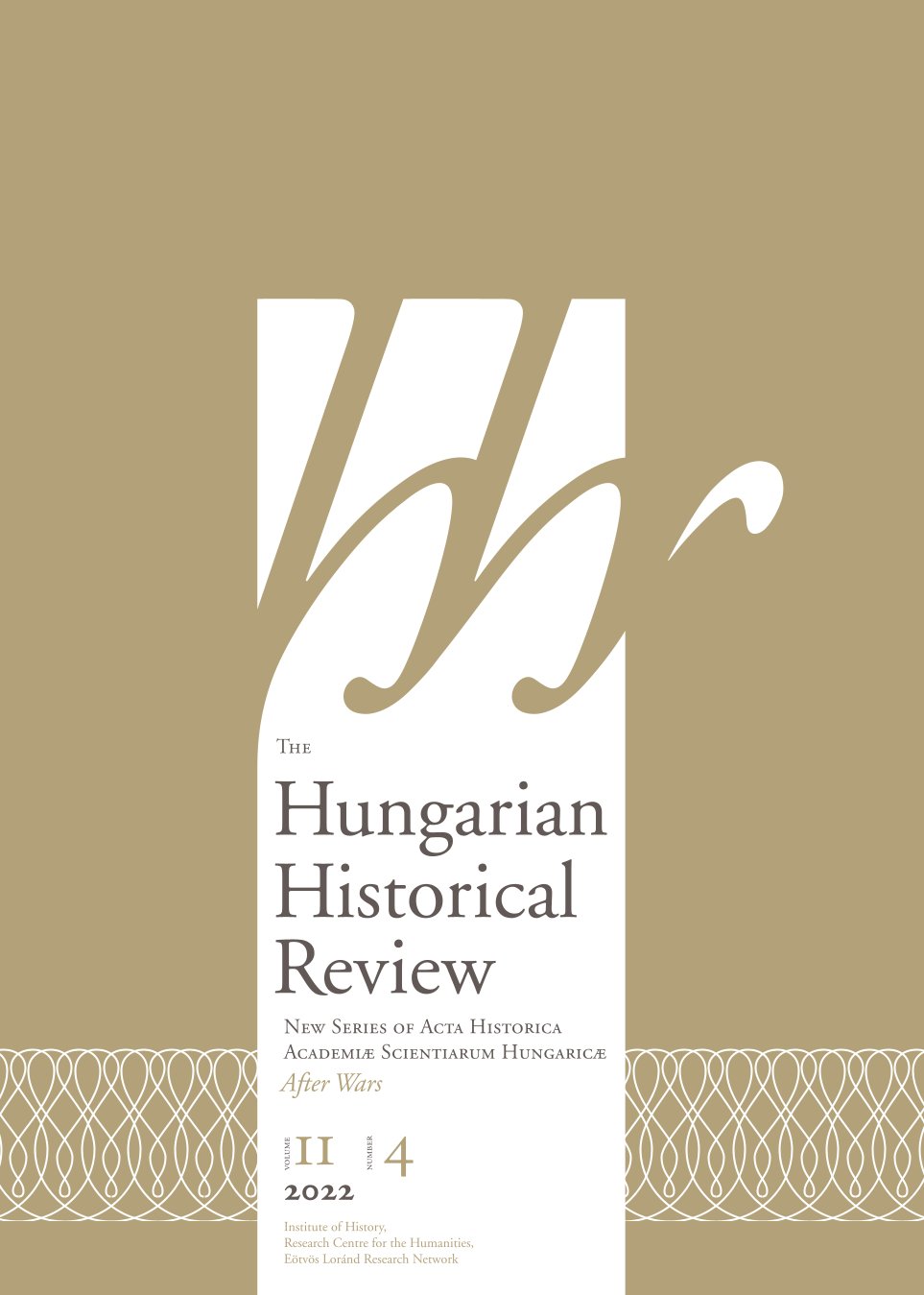
Emotions and Everyday Nationalism in Modern European History. Edited by Andreas Stynen, Maarten Van Ginderachter, and Xosé M. Núñez Seixas. London–New York: Routledge, 2020. 214 pp.
More...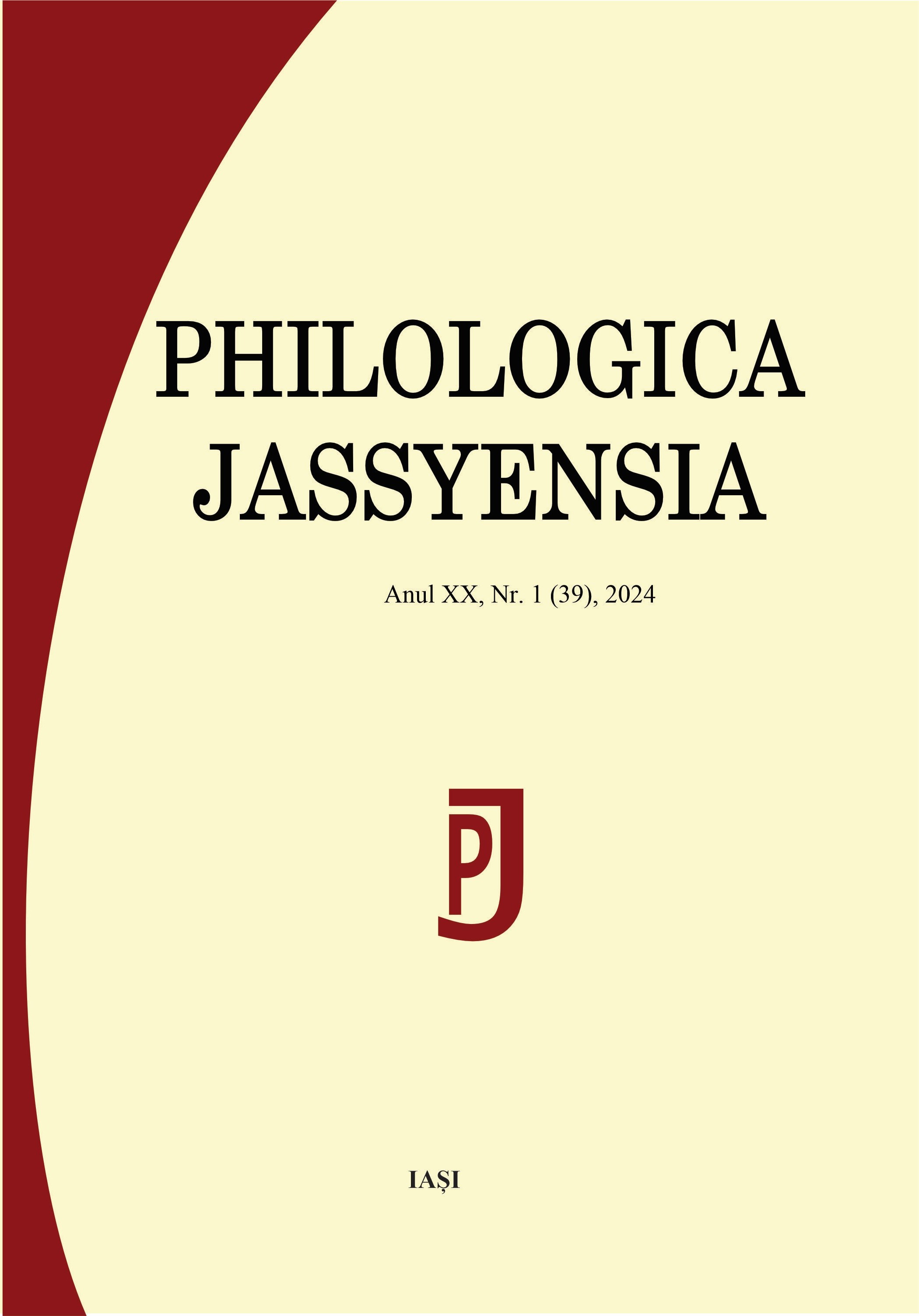
One of the first political decisions of the Ceaușescu regime, with significant implications for the private lives of citizens in communist Romania, was the prohibition of abortion through Decree 770/1966. This act marked the beginning of an aggressively enforced pronatalist policy, facilitated by the repressive apparatus of the dictatorship, resulting in tragic consequences, especially for women in Romania – illegal abortions, loss of lives, orphaned children, and more. The imposition of this pronatalist policy relied on highly ideologized rhetoric, underpinned by a patriarchal Idealized Cognitive Model (ICM), redefined through conceptual metaphors with a “socialist” twist, adapted to the new political context. This official Idealized Cognitive Model became incompatible with the real experiences of Romania's citizens regarding pregnancy, birth, and maternity.This two-part article describes and analyzes, based on the theory of Idealized Cognitive Models, the conflicting tension within the discourse on maternity during Ceaușescu's dictatorship. It explores the conflict between the officially sanctioned cognitive model of maternity, ideologically embraced by the regime (evident in its official rhetoric), and the personal experiences of women, revealing emotional pain, physical anguish, and trauma (visible in the corpus of oral testimonies, interviews, and narratives). In the examined corpus, which includes private and official narratives, as well as press releases regarding Romanian legislation on population growth, we seek to reveal the conventional schematization of concepts related to birth, pregnancy, and maternity, iconographically fixed by several conceptual metaphors emphasizing the “glory” of bearing and raising as many children as possible. The article intends to highlight an elevated political and ideological specificity attached to these metaphors. One of the primary objectives is to establish a methodology for the comprehension of the conceptual operations of harmful political policies with substantial ideological dimensions.
More...
The article presents the results of pilot study, which aim was to deter-mine how polish political science scholars perceive their scientific discipline andits future, and what are their opinions on desirable directions of changes withinpolitical science. The questions used in the survey concerned the following issues,important in the context of the title matter: the attitude of Polish political scientiststowards their scientific discipline, and relating to its current state; the perceptionof problems and challenges the discipline is facing; the issues relating to the or-ganization of the discipline and its place in the system of science and the systemof scientific disciplines; the aims and methods of conducting political research;the aims of teaching of political science; pro-integrative actions of the politicalscience community. For the purposes of the study the following hypotheses wereformulated: H1: Polish political science community is aware of the problems andchallenges their discipline is facing; H2: the perception of the problems and chal-lenges Polish political science is facing actually corresponds with the objectivecurrent conditions of the discipline; H3: political science community knows what should be done to effectively address certain problems and challenges to ensurethe discipline improvement of its state and further development – and it is ableto formulate potential solutions relating to this matter. The data collected withthe survey allowed to reconstruct the image of beliefs concerning the disciplineof political science and administration, its current state and future development,as well as – as it had been assumed – it provided the basis for further in-depthmeta-scientific research.
More...